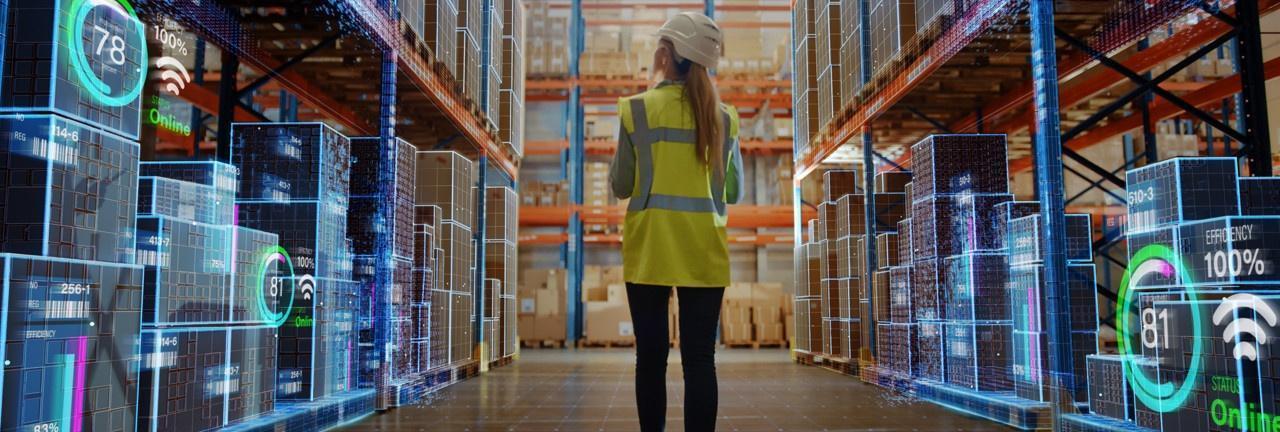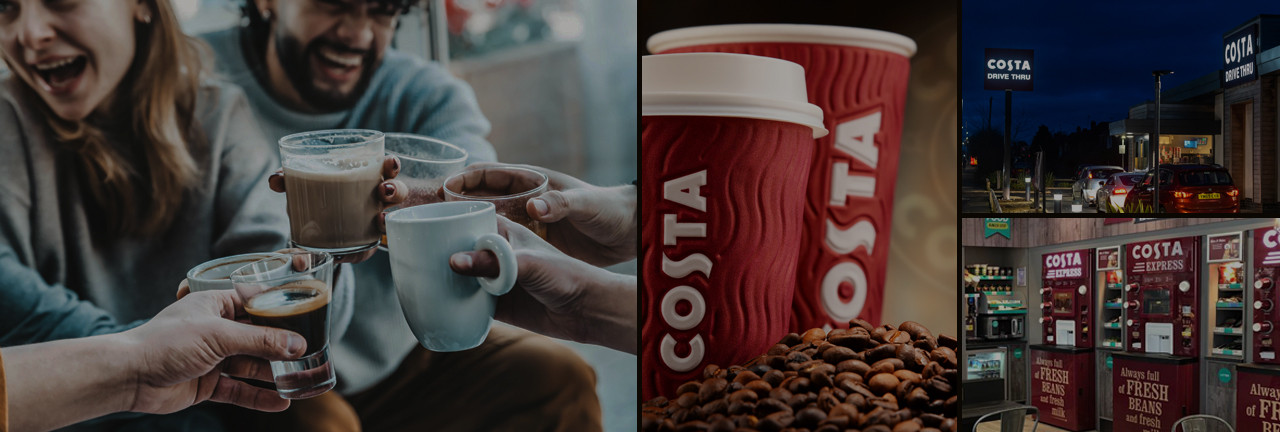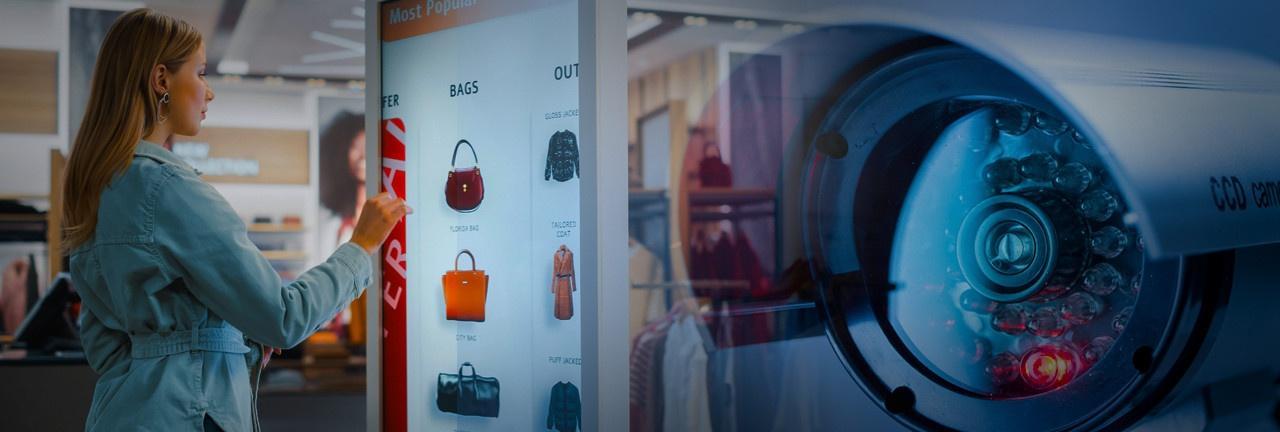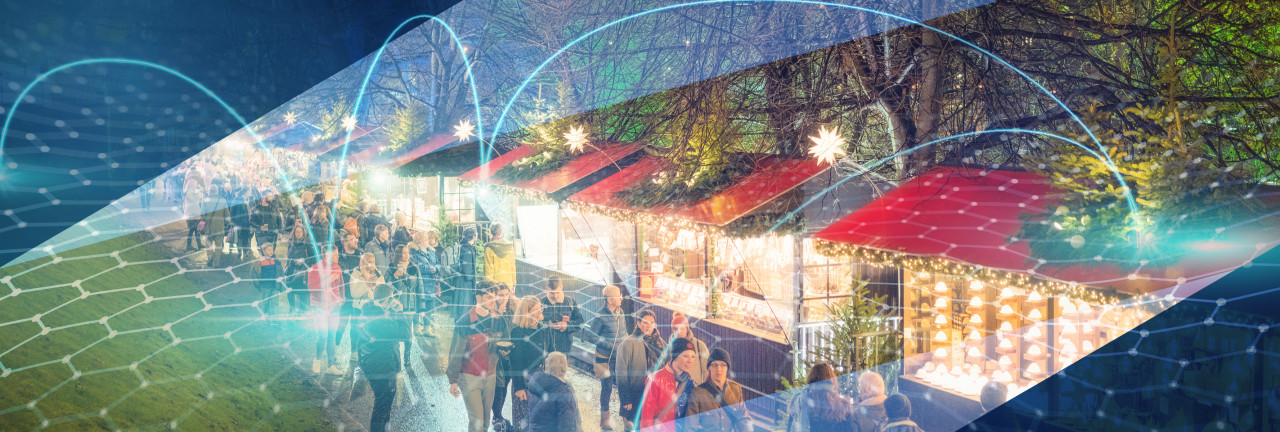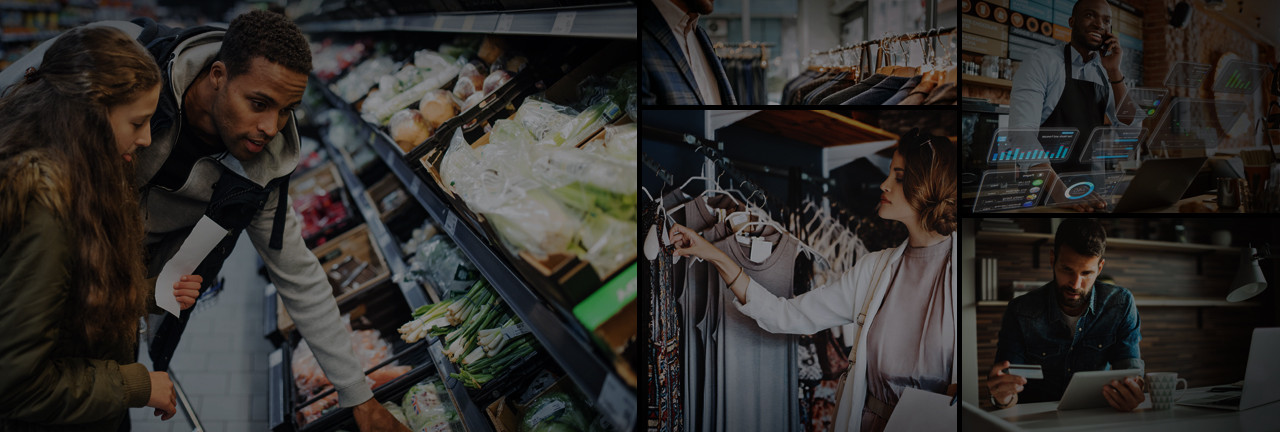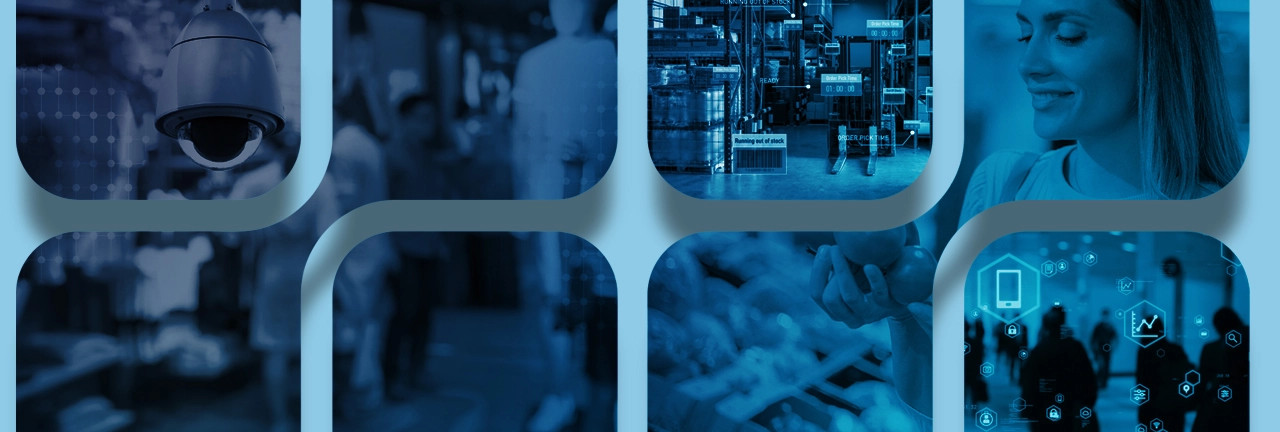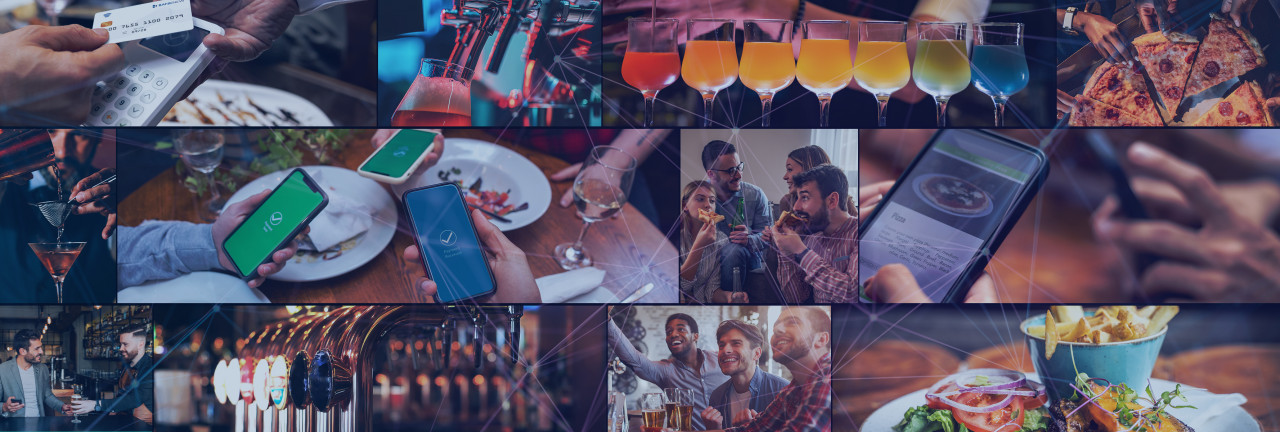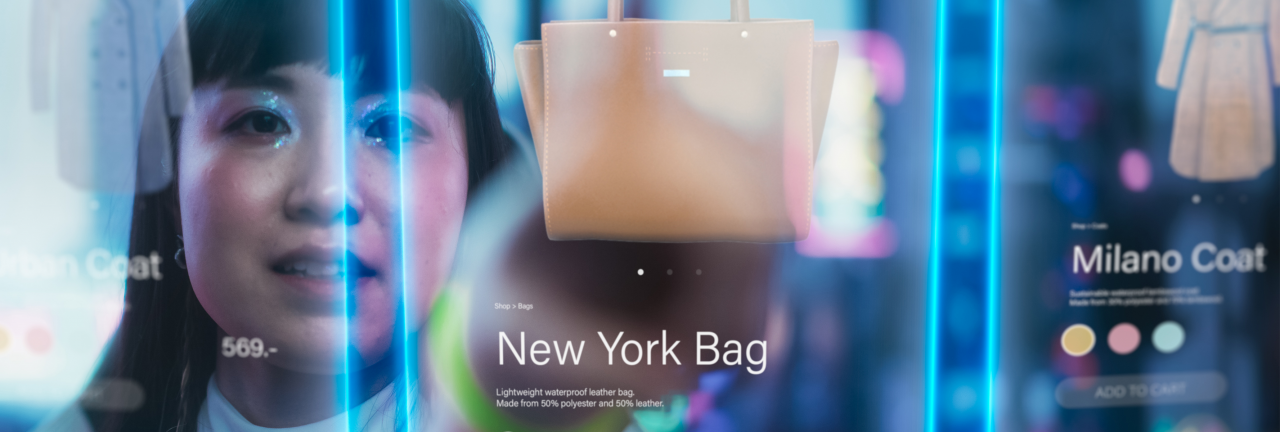"When it comes to digital transformation, the personal touch is often what takes projects from 'good' to 'exceptional'. Plenty of companies can deliver technology, but it's the relationships that really drive innovation in long term."
Philip Button, Regional Business Manager – Enterprise
When it comes to building brand loyalty, customers increasingly expect the retailers they shop from - whether that's online, in person, or via click-and-collect - to demonstrate tangible efforts to operate in an ethical, sustainable, and environmentally friendly manner in everything they do.
The retail landscape has fundamentally changed in recent years, partly driven by the necessities of COVID lockdowns, and partly by ongoing shifts in customer preferences and behaviour. As we have previously explored on this blog, the familiar high street shopping experience is increasingly converging with online and click-and-collect shopping, offering a new breed of data-driven shopping experience.
The Retail sector is more diverse, dynamic, and rapidly changing than any other time in its history. This not only encompasses the way customers make their purchases – with online shopping, click-and-collect, and in-person shopping all converging to offer true, end-to-end experiences – but also the way retailers open and operate new sites. Whether this means trendy pop-up shops, kiosks at other brands' locations, or booths at events, retailers from up-and-coming start-ups to global leaders are no longer relying on fixed high-street locations to welcome their customers and put their wares on display, instead making sure they are present wherever their ideal customers are, and fully prepared to offer a world-class experience that builds brand recognition and loyalty.
Retailers - be they small local shops, online sellers, or top global brands - generate, transfer, and store more data than ever before, ranging from customer data (both online and in-store, as we have considered in previous articles), to supply chain and asset tracking data. Whether it's shopping online or utilising in-store apps to access the latest savings and special offers, the way customers shop has fundamentally changed forever, with the data they generate online and in person allowing retailers to build up unique personas that drive truly bespoke experiences.
Like many longstanding institutions, Britain's world-renowned pubs are undergoing their own digital transformation journey, utilising leading-edge technologies to offer truly personalised experiences to patrons of all ages and backgrounds - from longstanding regulars visiting for their usual pint, to families looking for a meal, and young professionals working on the go. It's an exciting time for the sector as a whole, but at the same time, the drive for modernisation must not come at the expense of patrons' safety and enjoyment.
With fundamental shifts in consumer behaviour, changing economic conditions, and a rapidly evolving regulatory environment, it's a challenging but exciting time for the UK's retail sector, and technology has a key role to play. In particular, advances in IT and networking solutions are empowering retailers to enhance their operational efficiency, improve the customer experience, and retain their competitive edge in an increasingly online and interconnected world.
We've been hearing about the impending demise of the high street for years now, ever since online shopping and click-and-collect established themselves as part of our day-to-day lives. And yet, while brick-and-mortar retail has certainly been through a great many challenges and upheavals, it doesn't show any sign of going away quite yet. Rather than simply expecting customers to be content with previous generations' shopping experiences, the sector has demonstrated considerable ingenuity by taking full advantage of emerging technologies to deliver the kind of personalisation that would previously have been the sole preserve of online platforms.
Like many fixtures of our lives, Britain's pubs were heavily impacted by COVID-19, with their familiar patrons unable to come in for a post-work drink, or meet with friends at the weekend. But while it was undoubtedly a difficult period for the industry as a whole, this great British institution did as it has always done, and adapted to suit its patrons' evolving requirements.


